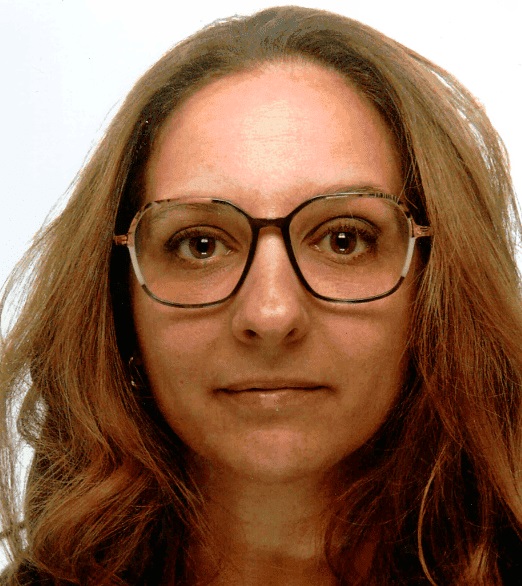13th International Euredocs Conference 2023 - Higher education between selection and discrimination, elitism and universalism. Organizational and identity issues
Date : du 15-06-2023 au 16-06-2023
Appel à communications ouvert jusqu'au : 01-03-2023
Lieu : Université de Lausanne (UNIL)
Modalité : présentiel
Organisation : European Research and Higher Education Doctoral Studies
EUREDOCS is a network of European doctoral students researching on issues related to the Europeanization of higher education and research. The network gathers doctoral students and those awarded the doctoral degree in the last three years researching on European higher education issues. It aims to facilitate and enhance communication among them and to promote publication and dissemination of research results, and enable exchange and mobility among young scholars in this field.
EUREDOCS is an interdisciplinary network and accepts membership from doctoral students and recent doctoral awards in sociology, political science, economics, history, and educational studies.
The 13th EUREDOCS Conference focuses on the following topic: “Higher education between selection and discrimination, elitism and universalism. Organizational and identity issues”.
Programme :
The 13th EUREDOCS Conference will focus on the theme: “Higher education between selection and discrimination, elitism and universalism. Organizational and identity dynamics.”.
Since European universities were first founded, the characteristics of the students and the teachers that are recruited, as well as the rights and resources associated with their characteristics and status, have been at the core of negotiations between the academic profession, the students, the universities, and their rulers.
Those issues remain constitutive of today’s higher education challenges, even though the University rationale and its organizational model seem to have changed over the second half of the twentieth century along with the democratization of access and the enlargement of higher education sector. Debate about those issues has further intensified in recent decades with the development of managerial academic governance and the market rules organizing the sector.
On the one hand, aligning the demand for access with the offer of study places is the object of increased number of struggles, policies, and instruments. The latter variably articulate a universalist view and an understanding of educational merit tentatively associated with meritocratic principles. Selecting students on various bases, to answer both the needs of the labour market and society in terms of perceived justice, appear important. Research documenting the multiplicity of the processes nurturing inequalities of educational trajectories, including the systemic discrimination ones, largely contribute to the setting up of this agenda.
How are higher education systems, institutions, actors, and students coping with these injunctions? Through which types of configurations, regulations, instruments, strategies? With which effects on students, on Higher Education Institutions, organisations, positioning, identities?
On the other hand, massive changes keep on impacting research organization and the academic profession. There is a rising proportion of precarious positions, pressure at the entrance of the profession, differentiation and concentration of funding resources on a happy few, multiplication of the type of tasks carried by researchers, transformation of teaching modalities and the relationship with students, differentiation of the tasks between academics, increased number of Higher Education professionals, and redefinition of the power relationships between academics and administrative staff. The transformations are massive. And funding models deeply transform the modalities of doing research, hence of following an academic career.
How do these transformations take shape in different national, institutional and organizational contexts? How do they relate to wider transformations taking place in Western societies? To European policies?
The EUREDOCS Conference welcomes papers focusing on how higher education systems, institutions and actors implement and adapt to these transformations. Namely:
- changes in the student body;
- changes in the academic profession and management staff;
- changes in research modalities.
This focus does not limit the topics explored to answer these questions (e.g. access, funding, quality, careers, graduate employment, etc.), nor the methodological approaches. Additionally, the emphasis on institutions and their actors does not preclude, rather encourages, comparative approaches from international and national standpoints and multidisciplinary perspectives.
Open track:
Preference will be given to great proposals related to the conference theme, but the EUREDOCS conference also provides an open track option to allow other PhD students working on other European topics and issues in Higher education research to contribute to the conference.
Calendar:
The deadline for the submission of a proposal is 1st of March 2023
The decision about selection will be sent by the beginning of April 2023.
All papers selected for presentation must be available by 30th of May 2023
mot(s) clé(s) : métiers de l'enseignement supérieur et de la recherche, vie étudiante














